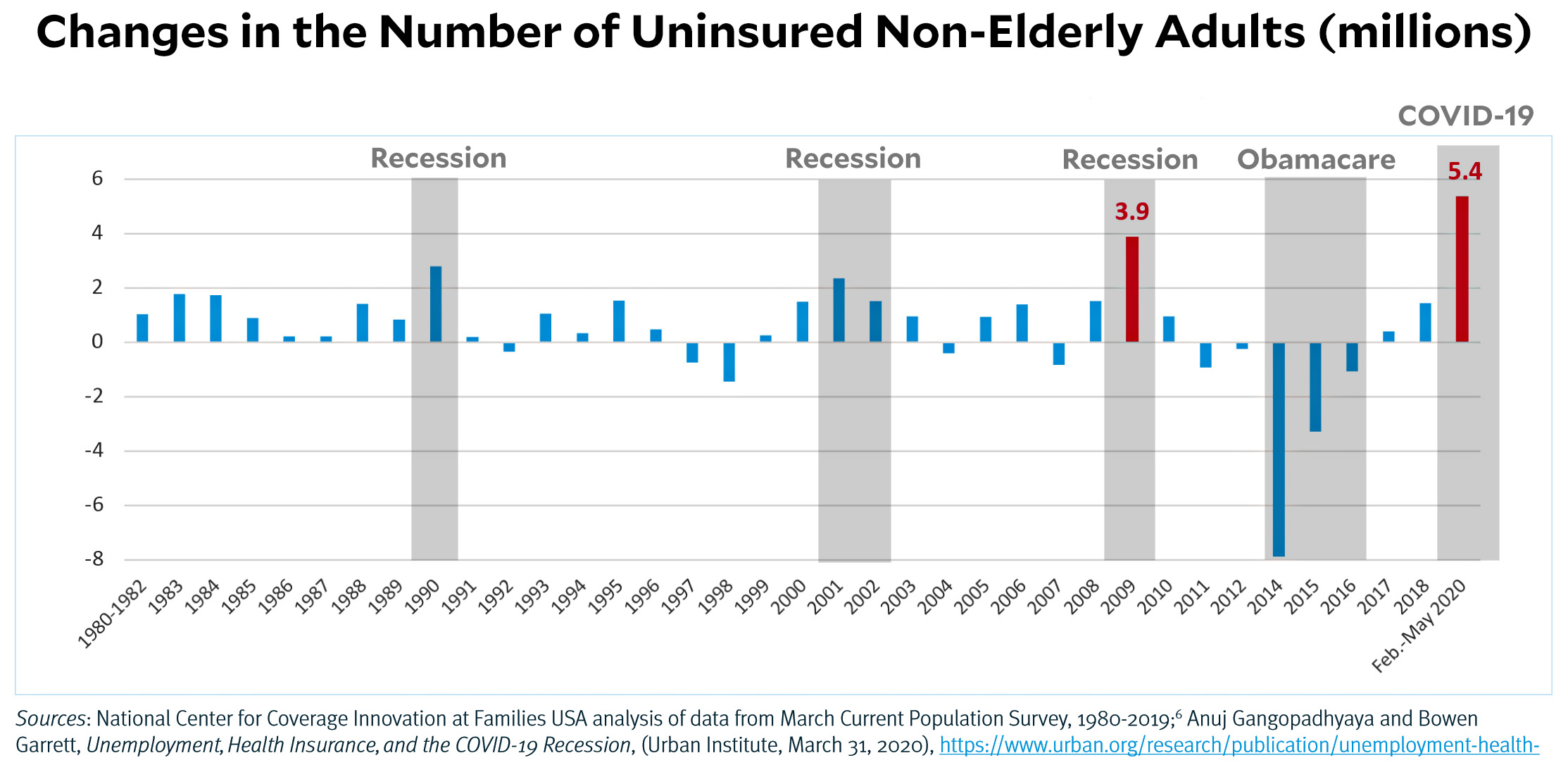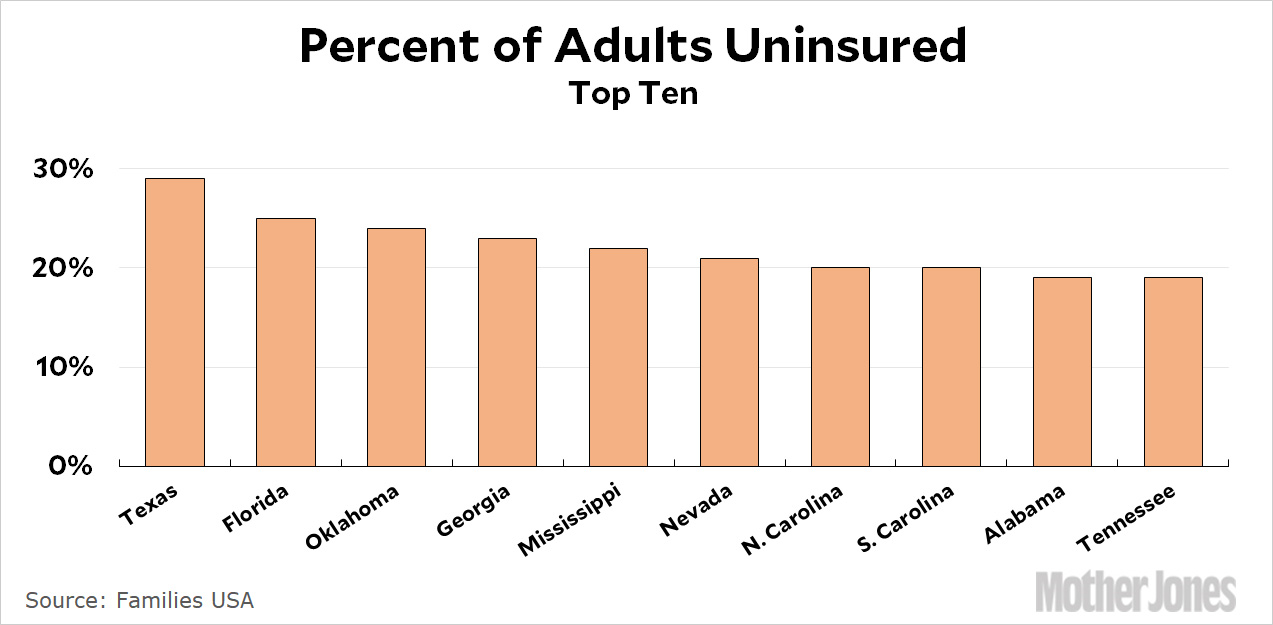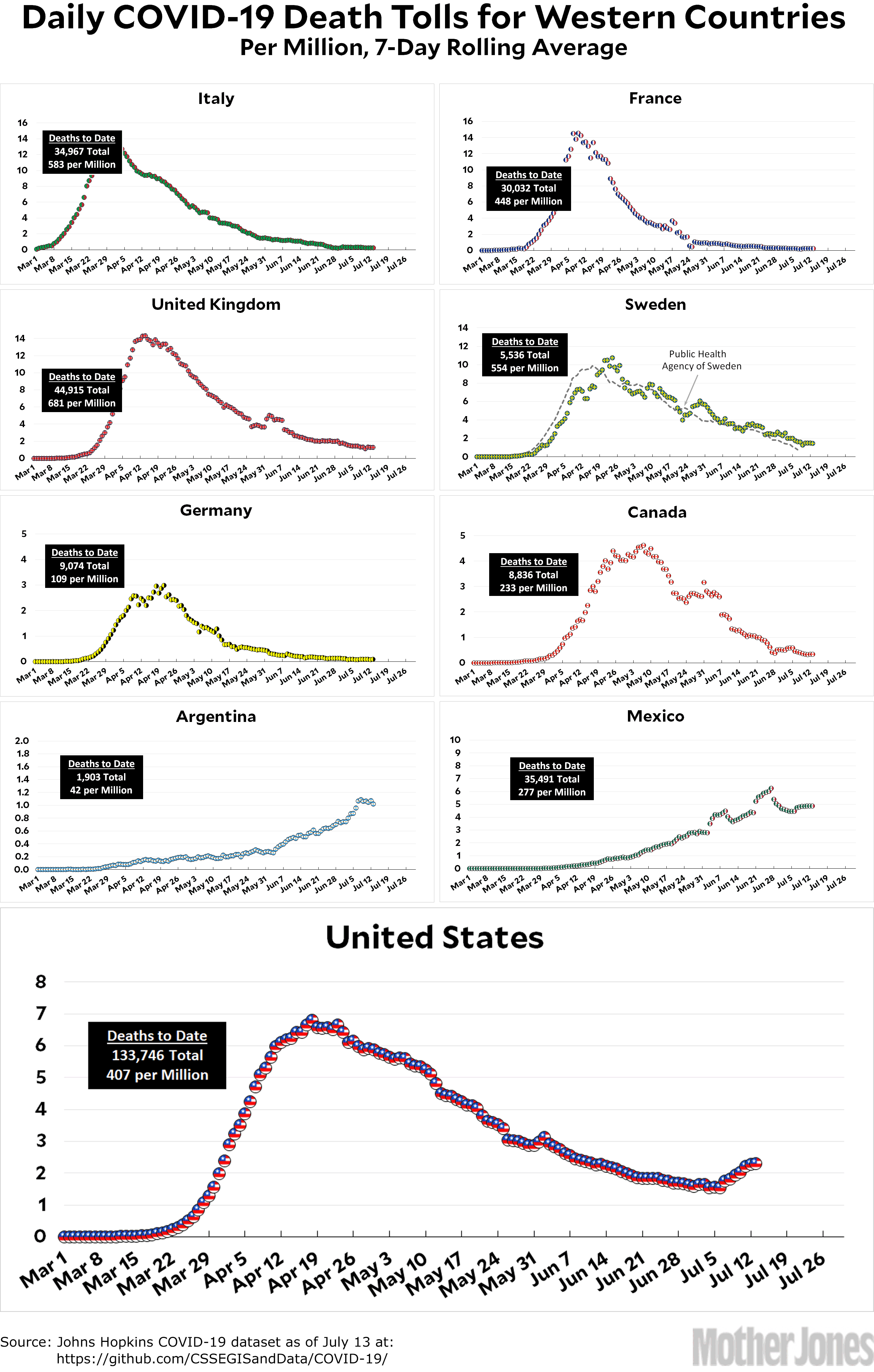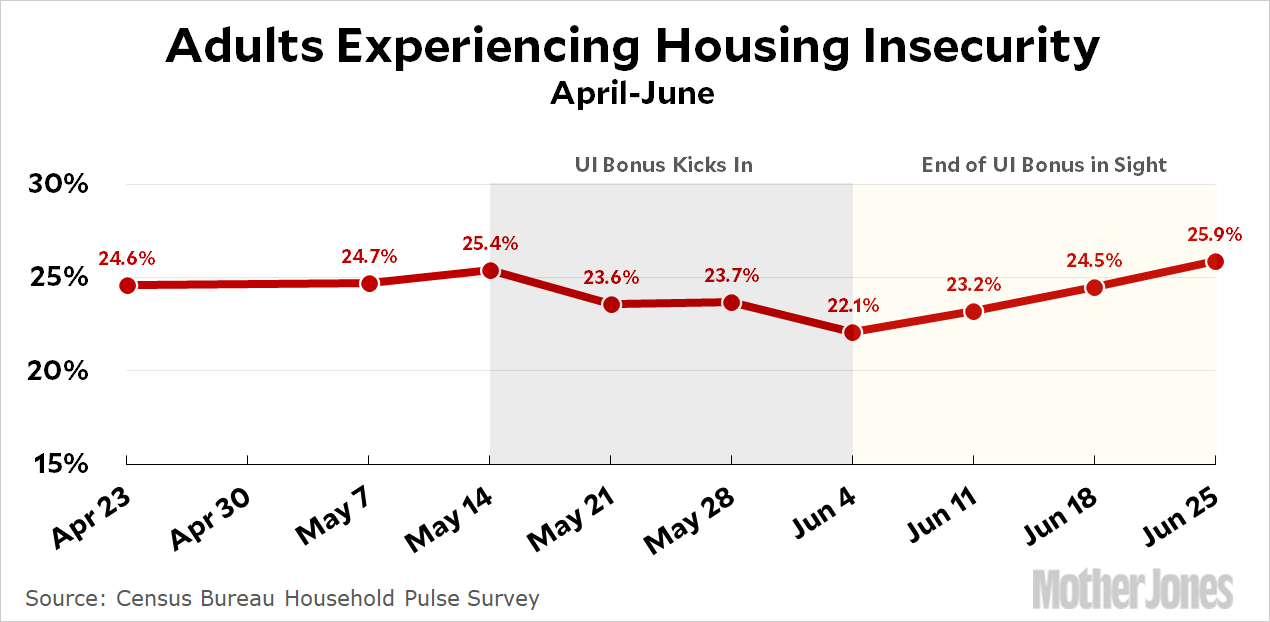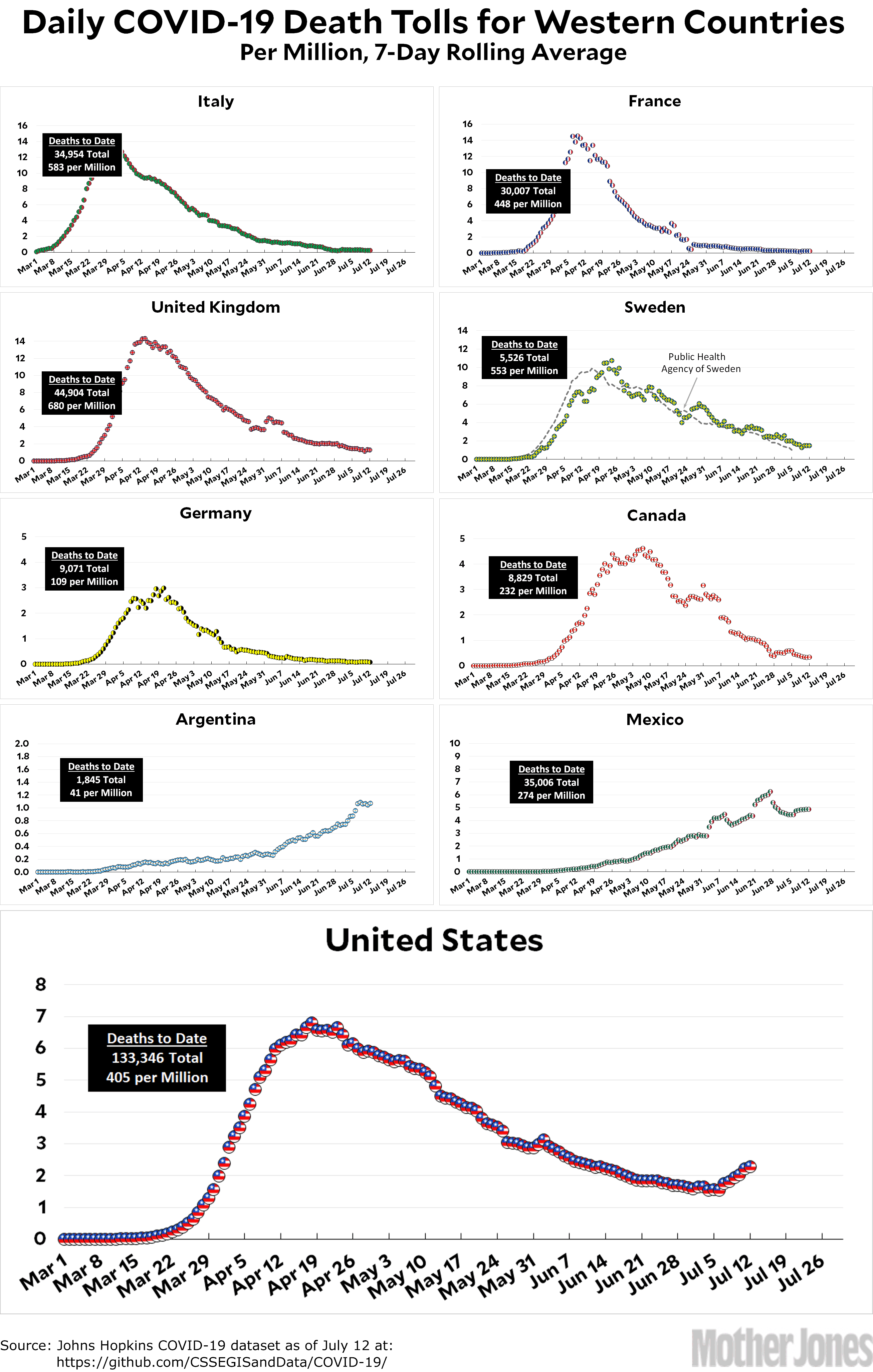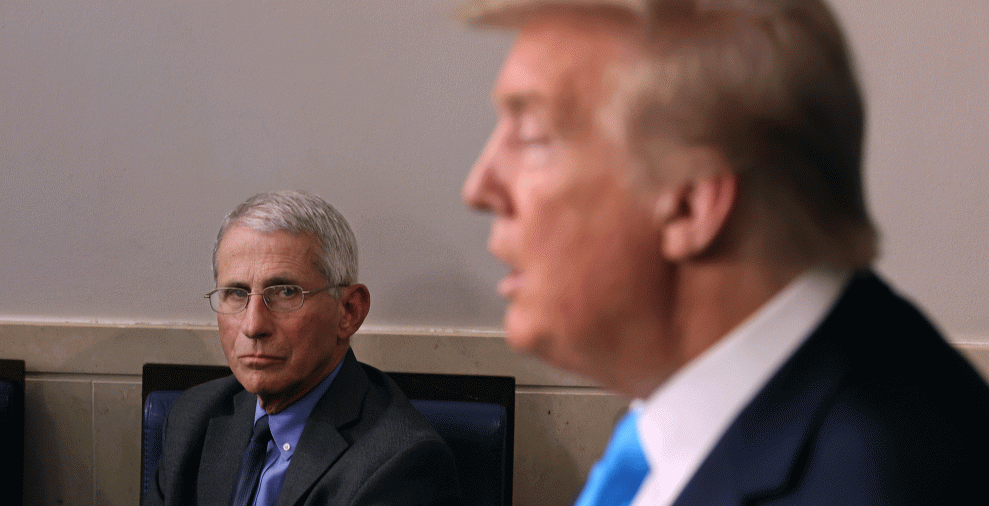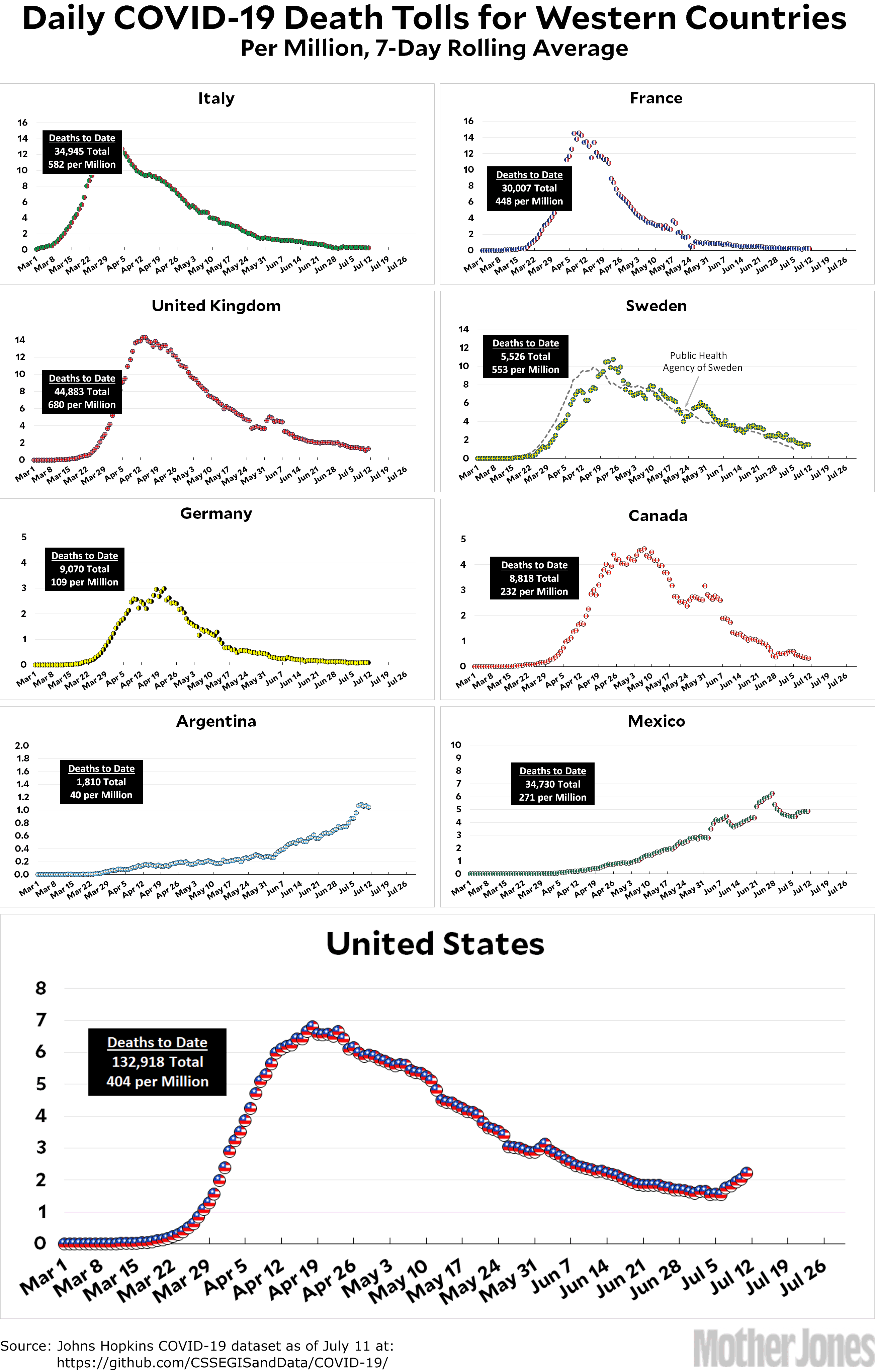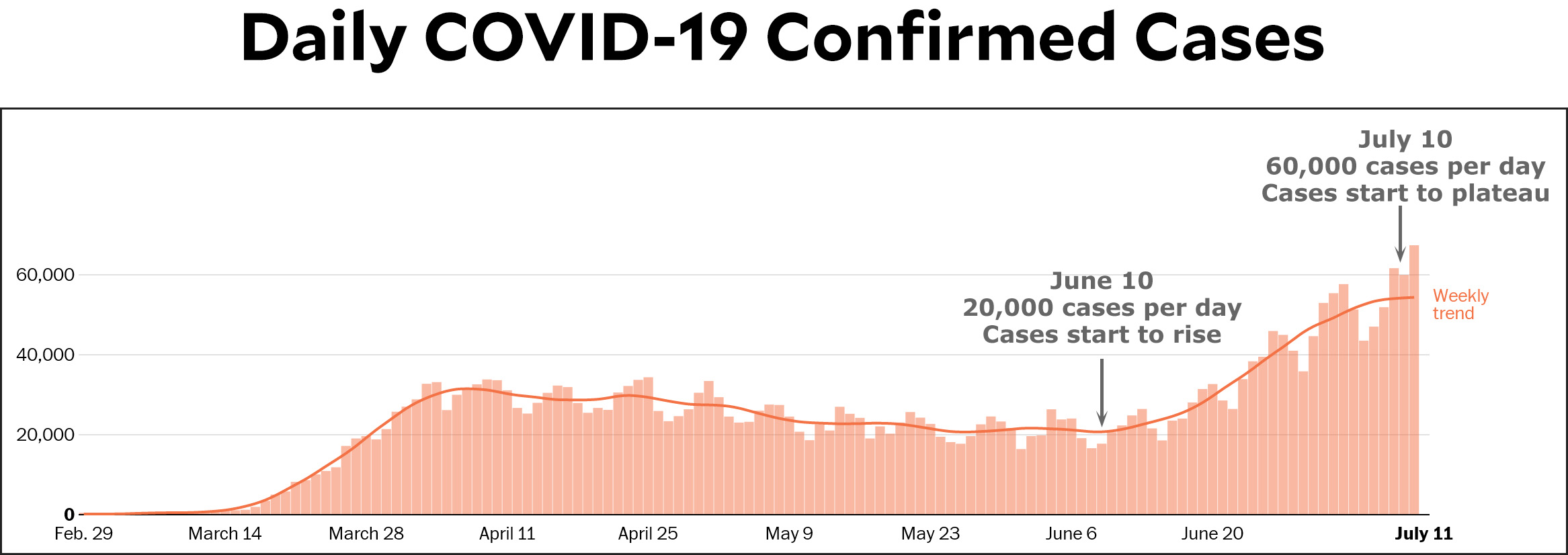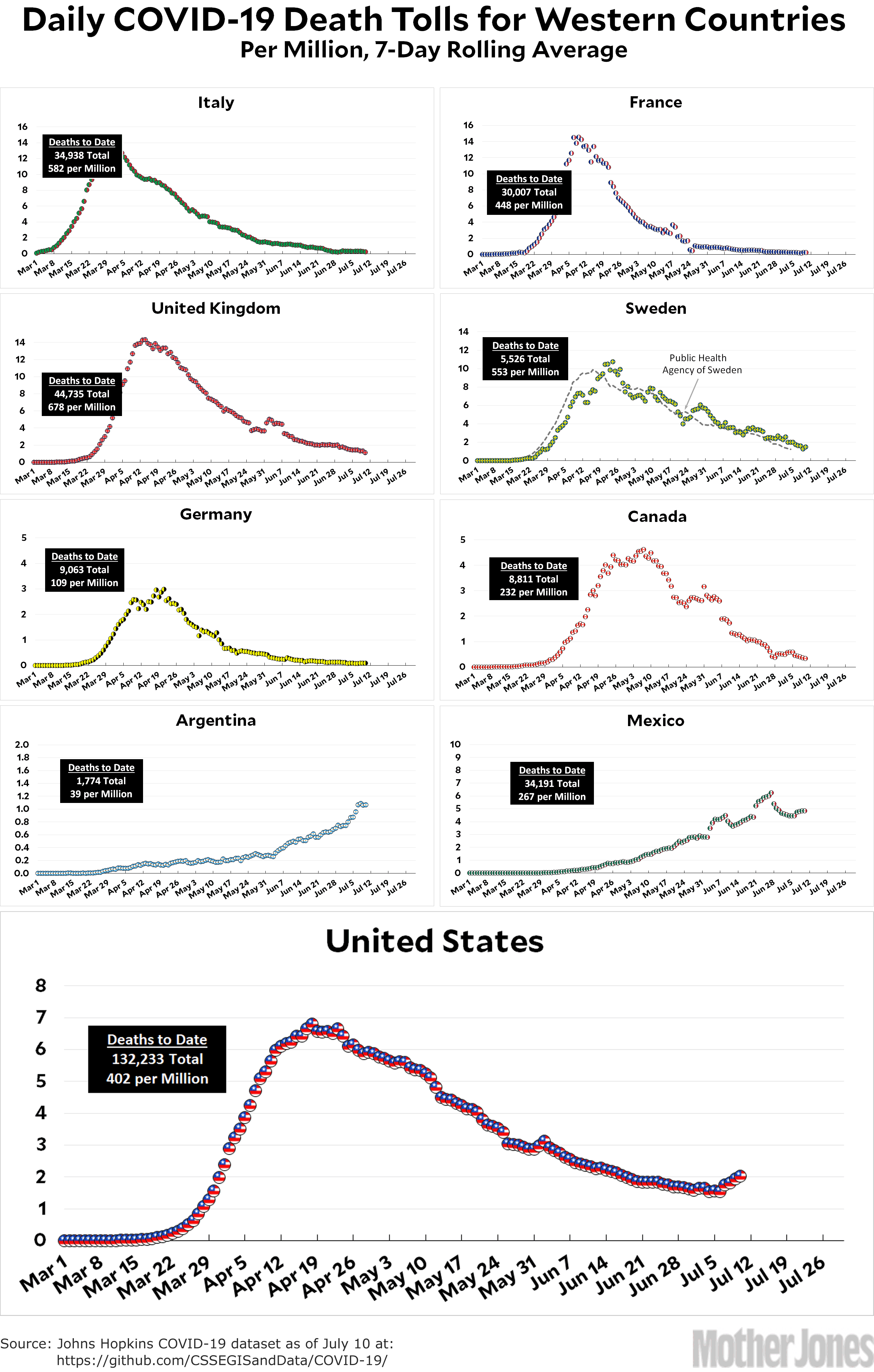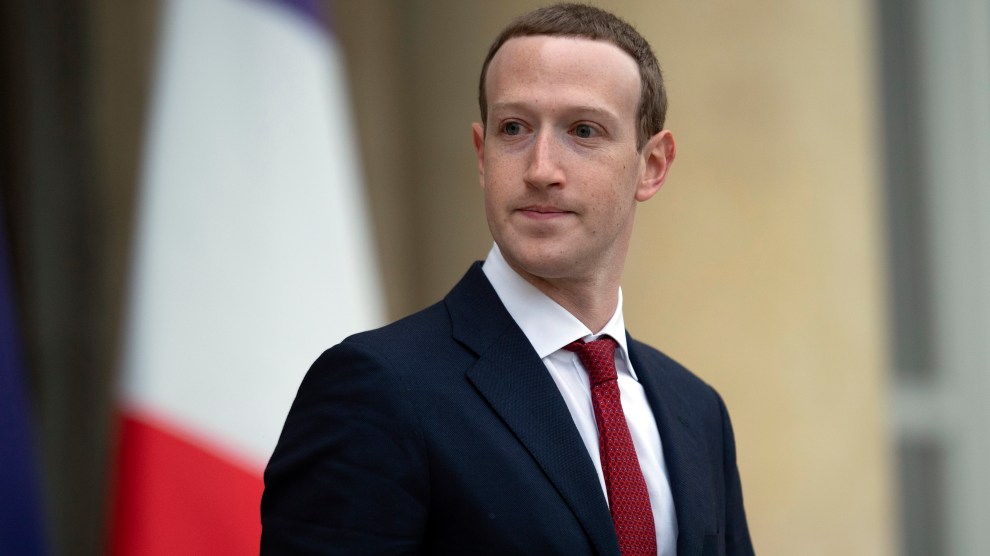
Aurelien Meunier/Getty Images
Facebook recently released a civil rights audit that’s been two years in the making. Kara Swisher describes it:
Facebook actually got an F, too, this week in an independent report that the company had commissioned about itself. The report decried Facebook’s decisions about how to protect its users from discriminatory content, including in ads….Sadly, the 89-page report was not much of a surprise to most critics of the company, which has been slow-walking its responsibility over hate speech and a range of other toxic waste on its platform since, well, always.
This is a columnist expressing an opinion, but it’s pretty typical of the news stories that covered the audit. That got me curious, so I read the report. You would never guess from reading the almost universally negative coverage of the audit that it spends three pages at the very beginning outlining all the things that Facebook has done well:
- Reaching a historic civil rights settlement in March 2019
- Expanding their voter suppression policies
- Creating a robust census interference policy
- Taking steps to build greater civil rights awareness and accountability
- Improved Appeals and Penalties process
- More frequent consultations with civil rights leaders
- Changing various content moderation practices
- Taking meaningful steps to create a more diverse and inclusive senior leadership team and culture
- Investing in diverse businesses and vendors
- Investing in a dedicated team to focus on studying responsible Artificial Intelligence methodologies
- Implementing significant changes to privacy policies and systems
You can read the report for more details, but these weren’t half-hearted endorsements. The auditors genuinely believed they represented significant progress. They were followed by a few items that Facebook could improve on, most of which were things Facebook was already doing, but needed to do better.
Overall, then, it seemed like the audit was at least moderately positive. So why the intensely negative press? Because of this:
Facebook’s decisions in May of 2020 to let stand on three posts by President Trump, have caused considerable alarm for the Auditors and the civil rights community. One post allowed the propagation of hate/violent speech and two facilitated voter suppression….While these decisions were made ultimately at the highest level, we believe civil rights expertise was not sought and applied to the degree it should have been and the resulting decisions were devastating. Our fear was (and continues to be) that these decisions establish terrible precedent for others to emulate.
The Auditors were not alone. The company’s decisions elicited uproar from civil rights leaders, elected officials and former and current staff of the company, forcing urgent dialogues within Facebook. Some civil rights groups are so frustrated that Facebook permitted these Trump posts (among other important issues such as removing hate speech), that they have organized in an effort to enlist advertisers to boycott Facebook. Worse, some civil rights groups have, at this writing, threatened to walk away from future meetings with Facebook.
Facebook has taken the position that posts from the president of the United States are, by definition, something that citizens have a strong interest in seeing without mediation. After all, if we’re going to vote for someone, we need to know what they think. Facebook has taken a similar stance on posts by other politicians.
The civil rights community, by contrast, takes the position that any post containing bad information about voting should be deleted, no matter who put it up. The president should be treated the same as anyone else.
Does it really make sense that a generally positive report should be treated instead as a huge indictment over this one disagreement? Especially since this disagreement strikes me as a very close call.¹ Why would three posts from Donald Trump, all by themselves, cause civil rights groups to threaten a boycott of future meetings with Facebook? Especially when their criticisms seem to have yielded a fair amount of progress so far?
And why would the news media play along with this? No fair reading of the audit would call it anything other than broadly, but not exclusively, positive. I’m no fan of Facebook generally, but in this case it sure seems like they deserve better press than they got. What am I missing?
For more on Facebook and Trump, Ali Breland has you covered here. For more on Facebook’s Oversight Board in general, Ali and Rebecca Leber have the story here.
¹This doesn’t really matter, but I tentatively think Facebook made the right decision. I don’t especially want them to be the arbitrator of what I’m allowed to see from the president and what I’m not.
